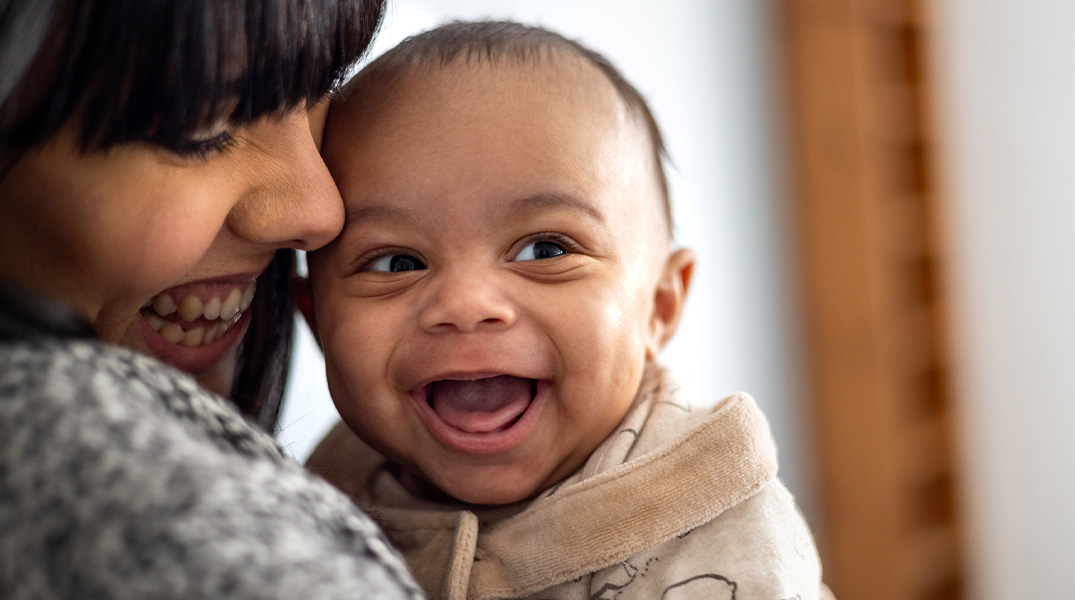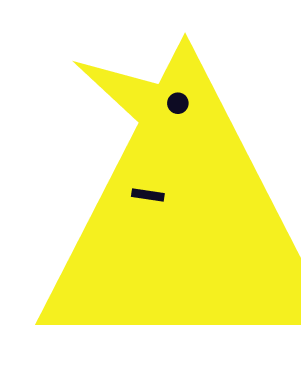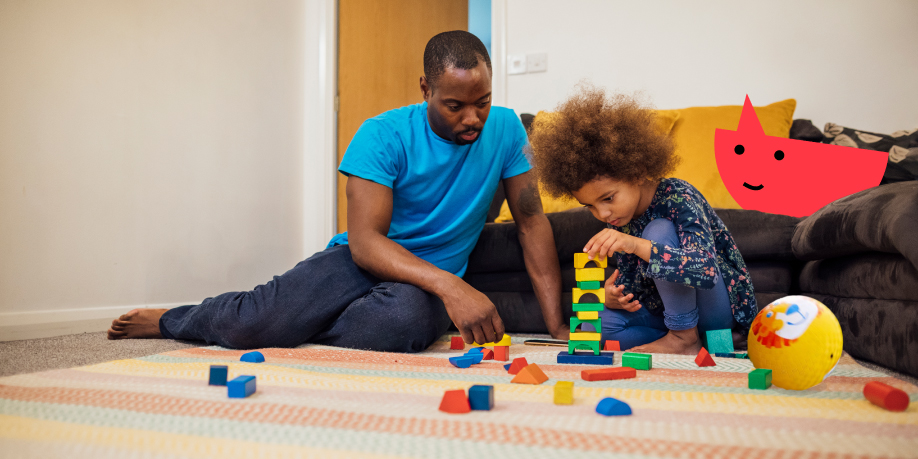0-6 months
This is a guide to how babies typically learn to communicate between 0-6 months.

Babies develop skills at different rates but by 6 months, most babies will:
- Turn towards a sound when they hear it, for example towards a favourite rattle.
- Be startled by loud noises, they make them jump.
- Watch your face and look into your eyes when you talk to them.
- Recognise your voice. For example, they get excited when you are walking towards the cot and talking to them.
- Smile and laugh when other people smile and laugh.
- Make sounds to themselves, like cooing, gurgling and babbling.
- Make noises, like coos or squeals, to get your attention.
- Have different cries for different needs. For example, one cry for hunger, another when they are tired.
- Make noises when you talk to them.
Resource library for families

Things to look out for
Some children struggle with learning to talk and understand words. Possible signs to look at for at this early age include:
- Your baby is not startled by loud noises.
- Your baby does not look at you when you talk to them.
- Your baby does not smile back at someone smiling at them.
- Your baby does not watch someone’s face with interest when they are talking.
If you notice any of these things, talk to your health visitor or GP, or your child’s setting or childcare provider. You can also contact our free speech and language advice line, which is a confidential phone call with an experienced speech and language therapist. During the 30-minute call, you will be given the opportunity to talk through your concerns and questions regarding your child’s development. You can book your phone call here.
Further support
For tips on how you can support your baby’s communication skills, have a look at some of our parent resources:
Child's progress checker
Our progress checker is based on what we know about how babies and children develop skills. Choose the age of the child and then answer the questions. At the end, we will direct you to some helpful advice and resources.

